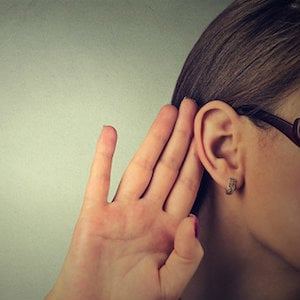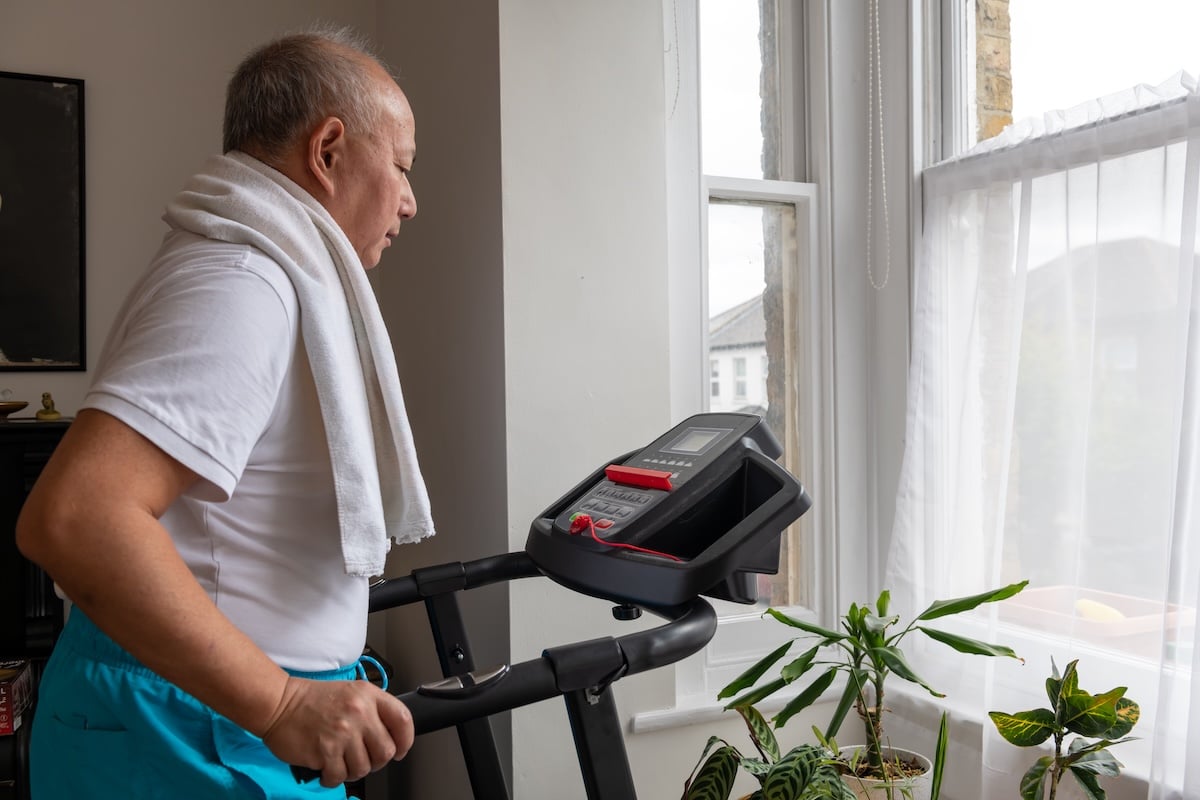If your hearing isn’t as good as it used to be, then you’re already familiar with some of the challenges that it creates in everyday living. For example, 61 percent of AARP members surveyed agreed that hearing loss makes following conversations challenging in noisier situations.
An article recently published by Harvard University, though, shares that hearing difficulties can also have a negative impact on overall physical and emotional well-being. This was echoed in the AARP survey, with 44 percent of people noticing how hearing loss affects relationships with friends and family. “Hearing loss,” the article concludes, “is not a stand-alone disability. It is linked to everything we do every single day.”
Conversely, good hearing helps people develop stronger social interactions, workplace productivity and overall family connections. So, what should you do?
Step One: Acknowledge the Situation
The National Institute on Deafness and Other Communication Disorders (NIDCD) notes that about one in three people ages 65 to 74 have already experienced hearing loss. By the age of 76, nearly half of older adults have experienced this. If you’re not sure if you have, this article provides a series of questions to ask yourself. If you answer “yes” to three or more, see your doctor. By not addressing the situation, it becomes increasingly difficult to listen to, understand and follow your doctor’s advice in any situation, including emergency ones.
Step Two: Get a Hearing Test
Many people wait seven (even 10!) years before admitting they are having problems hearing. Sometimes, hearing loss is so gradual that it takes time to notice. Other times, they notice but are in denial or are afraid of looking old with a hearing aid. Delayed testing and treatment, though, can contribute to aging, as hearing loss is “associated with earlier onset of dementia, earlier mortality and six times the rate of falls compared to those with normal hearing.”
Untreated hearing loss also helps to create a sense of isolation, leading to loneliness — which has been documented to have a negative impact on health comparable to smoking 15 cigarettes daily. And as the brain continues to receive fewer signals of sounds, it needs to relearn hearing when a hearing aid finally is in use.
If you fear how a hearing aid might affect your life, reframe the situation and think about all you’ll gain by having the best hearing possible.
Step Three: Follow Prescribed Treatments
This might involve:
- Wearing a hearing aid. Options include behind the ear, in the ear and ear canal models, and advances continue to be developed; your doctor can recommend what’s best for you
- Getting a cochlear implant. These small electronic devices are sometimes recommended when hearing loss is more severe
- Using assistive listening devices. These include telephone/cell phone amplifiers and more
- Enlisting help of friends and family. By telling them about your hearing loss, they can help by facing you when speaking, speaking more loudly (without shouting), turning off televisions and radios if they are mere background noise and more
NIDCD also recommends organizations that can provide useful information and help if you are experiencing hearing loss.
Caution: Don’t Buy Into the Myth
It’s tempting to believe that, if other people would just talk loudly enough, you wouldn’t have a problem! AARP shares, though, that it’s not that simple. “Hearing,” one article reads, “is like the body's biological microphone. If you've ever heard anyone speak into a microphone that's damaged, it might be plenty loud, but there's a level of distortion that makes it hard to understand. The goal of today's hearing aid technology is both to make sounds louder and to reduce background noise and extract the more important features of sound to clarify speech.”














